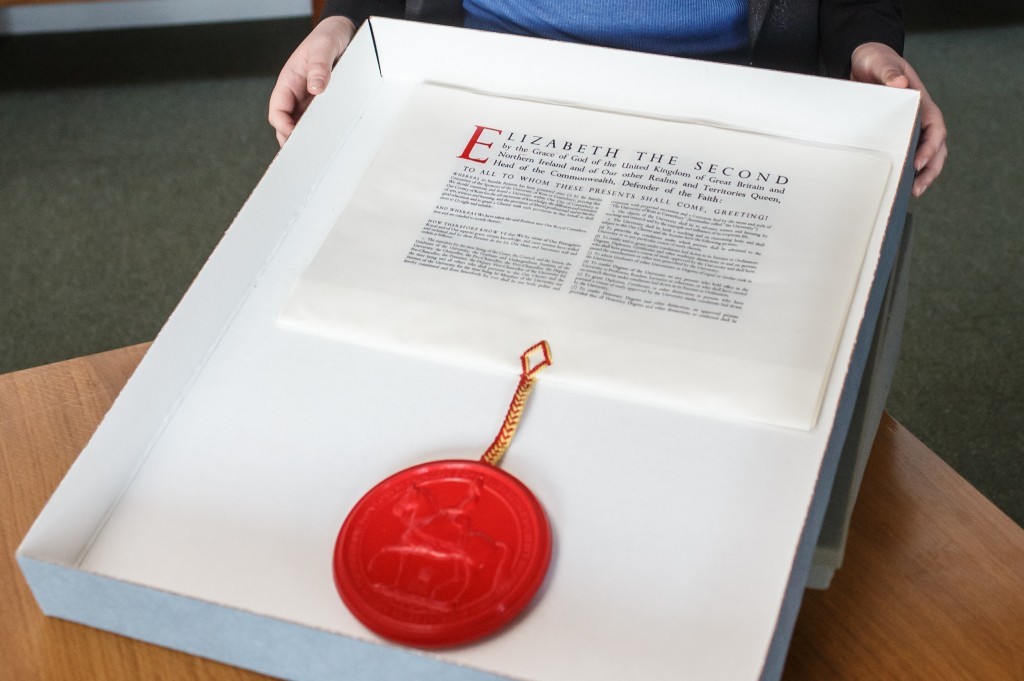July 2022 has brought two new universities in England. Over the last 25 years since the Dearing Committee confirmed that there should be a processes for approving new university titles under the powers in the 1992 Act, the actual process has changed, as has the criteria that government has specified. In England, the key criterion is that the provider has ‘full taught degree awarding powers’ – which can only be awarded after an evaluative process run by the QAA (as designated quality body) and if the name chosen by the provider is not confusing.
This month has seen the first title awarded through a process run through the OfS. The title of ‘Northeastern University – London’ has been awarded to NCH – Northeastern, a provider that we first knew as the New College of the Humanities when its founder, A C Grayling, made a big splash in 2011 launching it. It’s come a long way from the days when it was going to charge £18,000 for an ‘Oxbridge’ style humanities degree, now it’s using the regulated £9259. It’s the first provider to get university title through a process run by the OfS, so there’s a press release and a regulatory case report. The OfS has made their process commendably clear, they had an open consultation on the proposed name and published the outcome.
Also gaining university title this month is BIMM. They seem to have been through the old process run by DfE, but the outcome is the same. The new name of the provider is ‘BIMM University Limited’ – the BIMM part having stood for Brighton Institute of Modern Music and more recently British & Irish Modern Music but known as ‘BIMM’. The DfE process is not so open; if they consult on the proposed name, they do so in private and don’t release any information.
It’s very welcome to see new universities; we need more HE provision and it’s clear that England is never going to get over what Tony Crosland called our ‘snobbish caste-ridden hierarchical obsession with university status’. However, one aspect of that obsession remains; there is still an attempt to create a hierarchy around the way that a university is made. That’s not helped by the rather mundane process that making a university now takes.
Where the magic happens.
Under the ‘companies house route’ for university title, the act of becoming a university is run through Companies House. A company can use ‘university’ in its title if it gains the agreement of Companies House to them changing their name. The company makes a resolution that it wants to make a change and then completes a form, attaching the non-objection letter from DfE (or OfS from now on). Companies House then approves this and issues a certificate of incorporation of change of name. You get this certificate for any change of name, there’s nothing special about gaining university title.


It was pleasing that OfS chose to put out a press release about a new university, but at the same time that highlights that DfE made no attempt to acknowledge it’s non-objection of BIMM’s title, who completed their name change on 4 July, a week before Northeastern. As a moment of prestige, the non-objection followed by the issuing of a certification of incorporation of a name change lacks something.
The way that we used to make universities had a bit more glamour. The Privy Council regulates the issuing of royal charters which, before 1992, was the way that universities were made. The process was just as interminable; the UGC provided the quality check and once they were happy a charter was drawn up. The correspondence about this could be considerable and drawn out, but after several drafts the Privy Council office would be happy and then the charter would be approved by the monarch in council. Although 20th Century charters are less beautiful than those from earlier centuries, there’s a majesty to the actual thing, particularly with the seal attached.

A university is a university whether it has a charter in a box in the archive or not. What’s interesting is that DfE has become interested again in getting royal charters for the Institutes of Technology which it has been establishing. Clearly they see charters as adding prestige, although it presents a challenge in that the IoTs are not currently separate corporations from the further education corporation that houses them and in many cases the university that is partnering with them won’t have a charter either.
The important thing is we protect university title and then we celebrate when it is awarded. So congratulations to Northeastern University – London and BIMM University. Also, credit to OfS for making something of the award of the title.